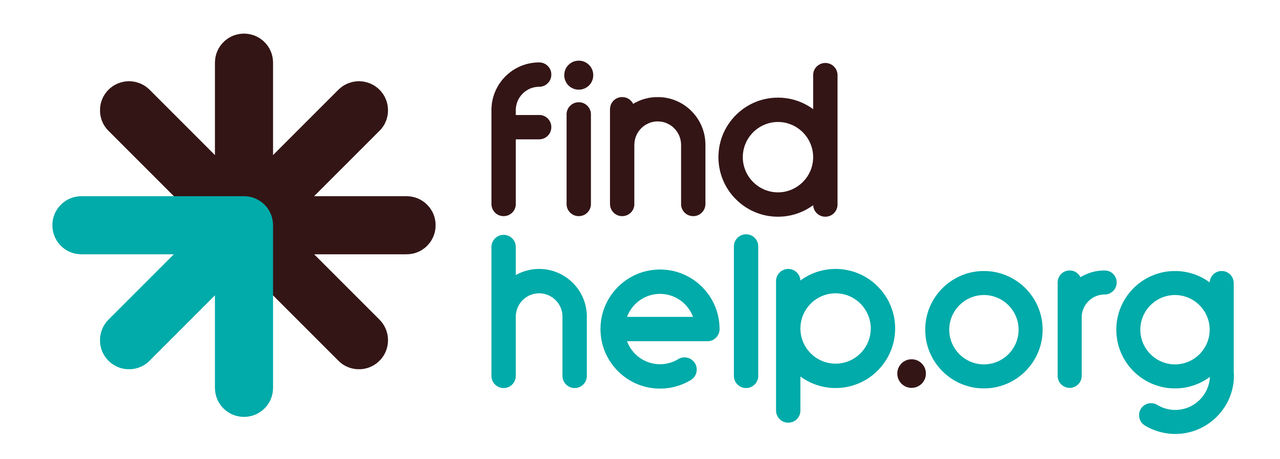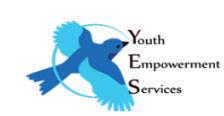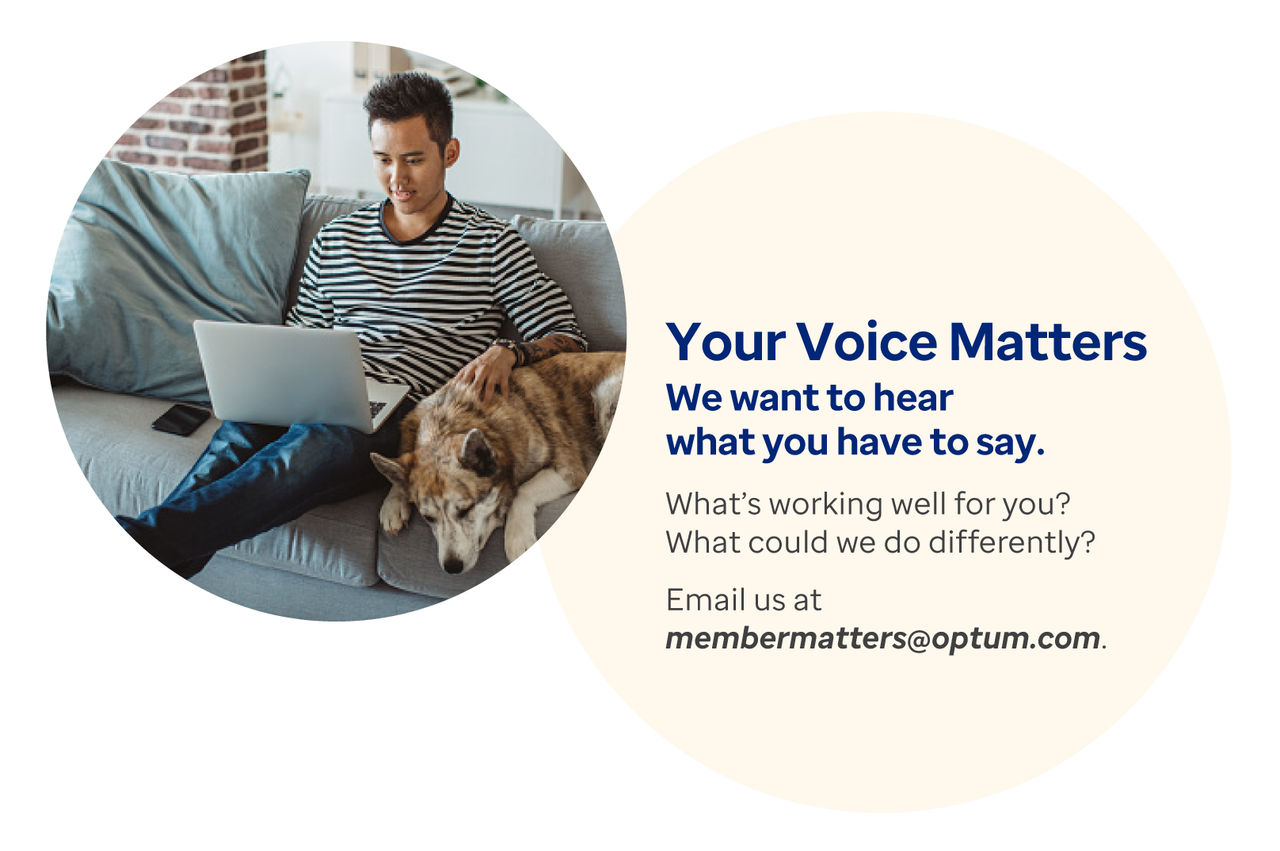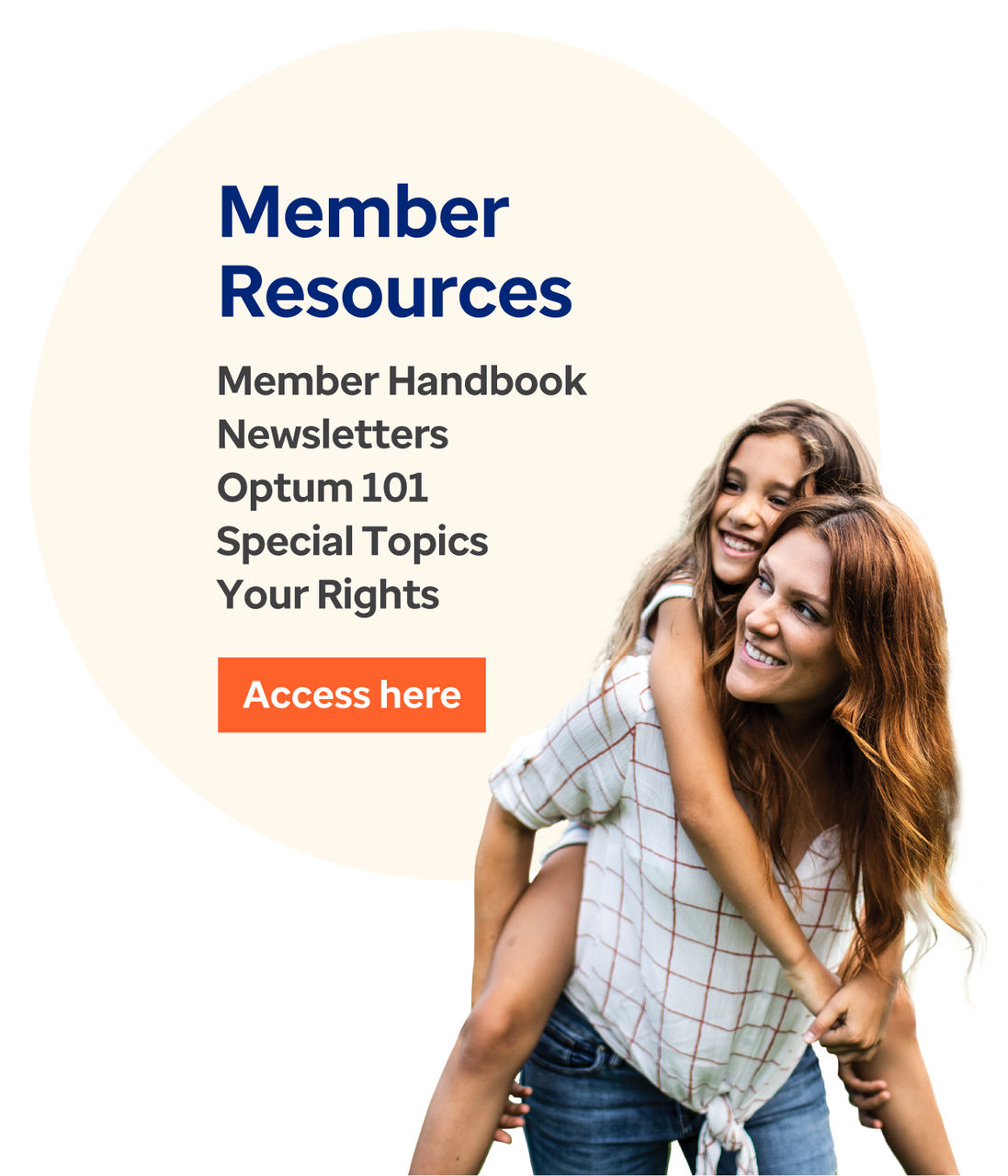Welcome Idaho Members!
Optum Idaho manages outpatient behavioral health services. That means if you have Medicaid, we can help you find a mental health or substance use provider. We are here to help you find and access services and providers, and help you understand your benefits and rights. We want you to have the tools you and your dependents need to promote recover and resiliency.
Get help with stress, mental health, substance use and more

Find Care
Explore care options, find a Provider and resources for mental and emotional health.
Browse as a guest with access code OPTUM

Crisis Support
Find support for anyone experiencing a mental health crisis, including suicide and substance use crises
Browse as a guest with access code OPTUM

Explore and Learn
Access videos, articles and resources that help you stay informed.
Browse as a guest with access code OPTUM




Visit findHelp.org and enter your zip code to search and connect to support. Financial assistance, food pantries, medical care, and other free or reduced-cost help.
FYIdaho is part of the Idaho Federation of Families for Children’s Mental Health. FYIdaho serves parents and caregivers of youth with mental health challenges through direct support and education.
Psych Hub provides evidence-based education and resources to empower the entire mental health ecosystem: the individuals seeking mental health support, the practitioners delivering it, and the organizations supporting them.
Youth Empowerment Services, or YES, gives families, healthcare providers, educators and counselors new tools to identify children with mental health needs. YES also improves access to the resources families need to improve their child’s mental health



Member input and guidance is critical in helping us transform the mental health system. Your feedback is appreciated.


